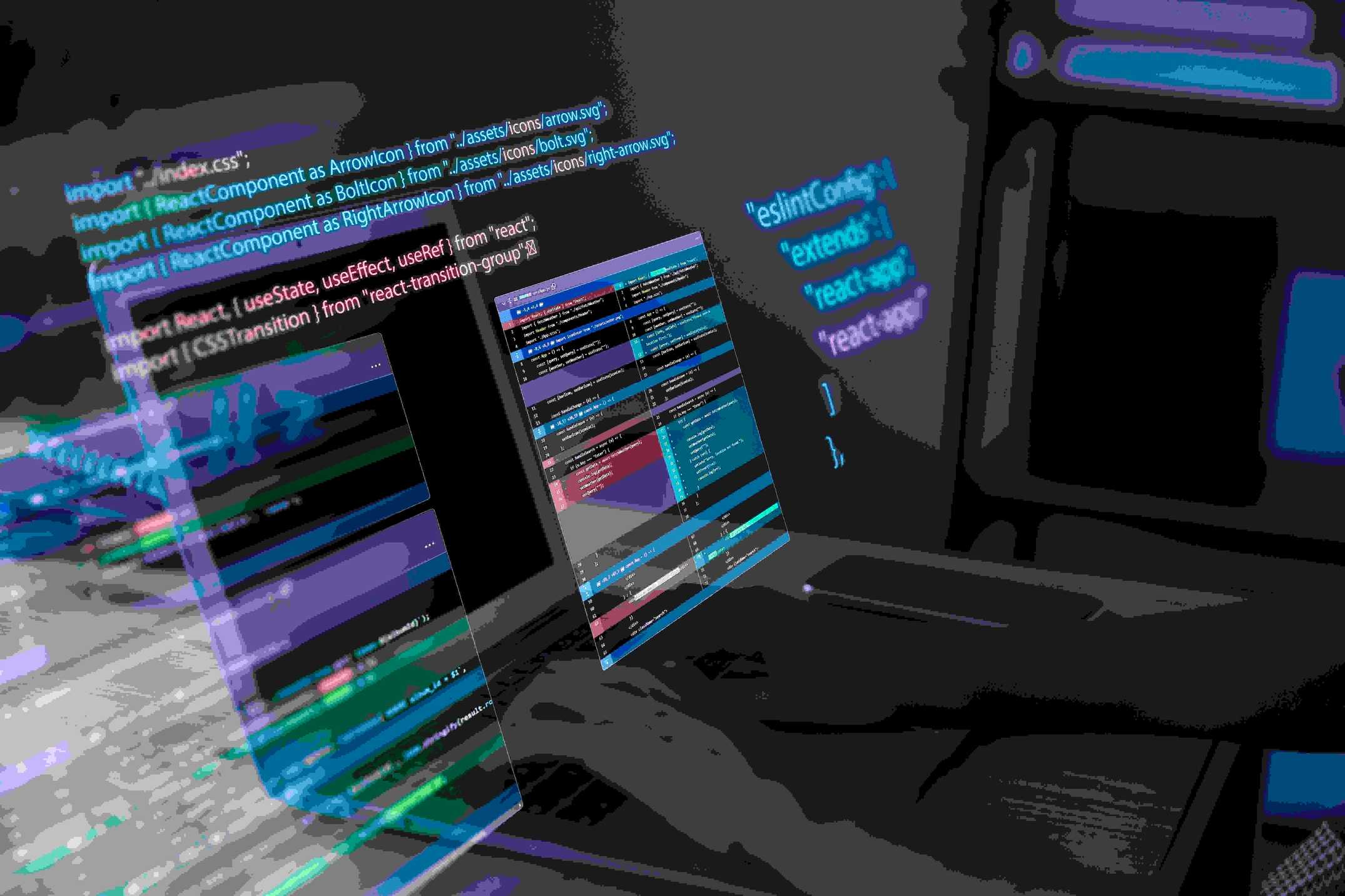The supply chain is the backbone of any business, responsible for the efficient movement of goods and services from manufacturers to consumers. In recent years, custom software solutions and artificial intelligence (AI) have emerged as game-changers in optimizing supply chain operations. In this blog, we will explore the key aspects of custom software solutions and AI in supply chain, understanding their benefits, challenges, and potential for transforming the logistics industry.
I. Understanding Custom Software Solutions in the Supply Chain:
A. Tailored to Specific Needs: Custom software solutions are designed to address the unique requirements of a business’s supply chain, ensuring a more efficient and seamless process.
B. Integration with Existing Systems: Custom software can be seamlessly integrated with existing supply chain management tools, ERP systems, and data sources.
C. Enhanced Visibility and Control: Custom software provides real-time visibility into the entire supply chain, empowering businesses with better control and decision-making.
II. The Role of AI in the Supply Chain:
A. Data Analysis and Predictive Insights: AI algorithms analyze vast amounts of supply chain data to identify patterns, trends, and potential risks, enabling data-driven decision-making.
B. Predictive Maintenance: AI-powered systems can predict equipment failures and maintenance requirements, reducing downtime and optimizing operational efficiency.
C. Autonomous Vehicles and Drones: AI enables the development of autonomous vehicles and drones, revolutionizing last-mile delivery and warehouse operations.
III. Benefits of Custom Software Solutions and AI in the Supply Chain:
A. Improved Efficiency and Productivity:
Automated Workflows: Custom software streamlines supply chain workflows, reducing manual intervention and accelerating processes.
Predictive Analytics: AI-driven predictive analytics optimize inventory management and demand forecasting, reducing stockouts and overstocking.
B. Enhanced Visibility and Traceability:
Real-time Tracking: Custom software and AI-powered tracking systems provide real-time visibility of goods in transit, enhancing shipment tracking and status updates.
End-to-End Traceability: Custom software solutions enable end-to-end traceability of products, ensuring compliance with regulations and addressing product recalls effectively.
C. Cost Savings and Resource Optimization:
Inventory Optimization: AI-powered demand forecasting helps optimize inventory levels, minimizing carrying costs and reducing waste.
Route Optimization: AI algorithms optimize delivery routes, minimizing fuel consumption and transportation costs.
IV. Challenges in Implementing Custom Software Solutions and AI in the Supply Chain:
A. Data Integration and Quality:
Silos: Integrating data from different sources within the supply chain can be challenging, leading to data silos and incomplete insights.
Accuracy: The accuracy and quality of data are critical for AI algorithms to provide reliable insights and predictions.
B. Initial Investment and Adoption:
Cost Considerations: The initial investment in custom software and AI implementation may be significant, deterring some businesses from adopting these solutions.
Organizational Resistance: Resistance to change and adoption of new technologies can be a challenge in implementing custom software and AI in the supply chain.
C. Security and Privacy Concerns:
Data Security: With increased digitization, supply chains become susceptible to cybersecurity threats, making data security a top concern.
Privacy Compliance: Businesses must comply with data privacy regulations while utilizing customer and supplier data in custom software and AI solutions.
V. Case Studies: Success Stories of Custom Software and AI in the Supply Chain:
A. Amazon:
Custom Software Solutions: Amazon developed its own custom warehouse management software to optimize inventory management and order fulfillment processes.
AI-Driven Robotics: Amazon utilizes AI-powered robots in its fulfillment centers to automate material handling tasks and improve order accuracy.
B. DHL:
AI-Powered Predictive Analytics: DHL leverages AI-driven predictive analytics to optimize transport routes, reducing fuel consumption and carbon emissions.
Custom Software Solutions: DHL developed custom software for its global logistics operations, enhancing visibility, and reducing operational costs.
VI. Future Trends: Custom Software Solutions and AI in the Supply Chain:
A. Blockchain Integration: Custom software solutions can be integrated with blockchain technology to provide enhanced traceability and transparency in supply chain operations.
B. Robotics and Automation: AI-powered robotics and automation will continue to play a significant role in optimizing warehouse operations and last-mile delivery.
C. Supply Chain Resilience: AI and custom software can enhance supply chain resilience by providing real-time risk assessment and contingency planning capabilities.
Conclusion:
Custom software solutions and AI are transforming the supply chain landscape, empowering businesses with enhanced efficiency, visibility, and cost savings. While challenges exist in implementing these technologies, the success stories of companies like Amazon and DHL demonstrate their potential for revolutionizing logistics operations. As businesses look to the future, integrating custom software and AI in the supply chain will be crucial for staying competitive in a rapidly evolving global market. By harnessing the power of custom software and AI, businesses can build agile, data-driven supply chains that adapt to changing demands, drive innovation, and deliver exceptional customer experiences.

